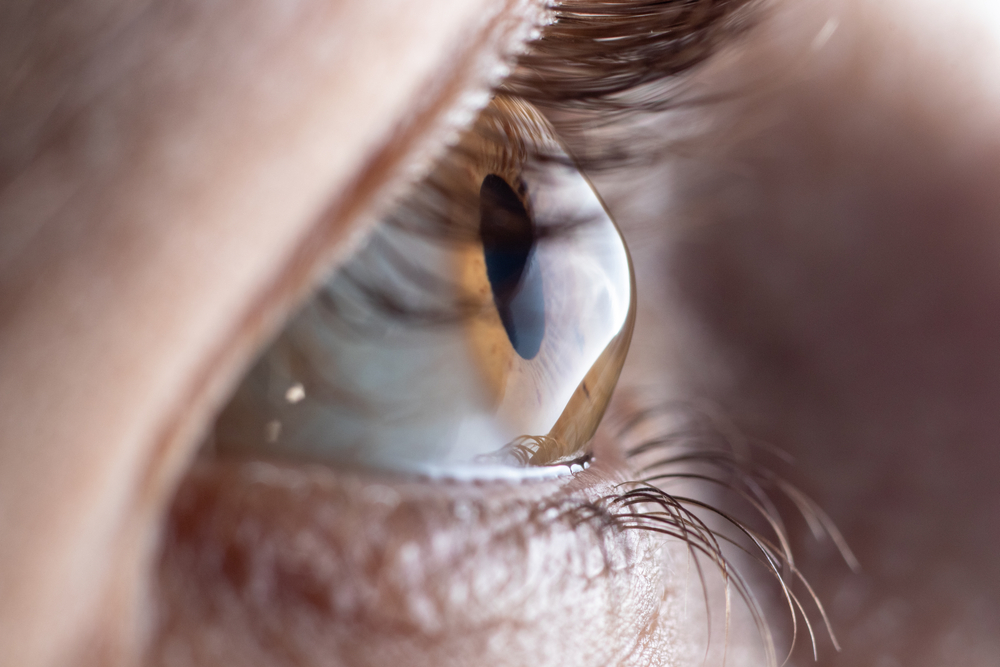
Keratoconus is an eye condition that affects the cornea - the clear, dome-shaped front surface of your eye. Instead of maintaining a smooth, round shape, the cornea gradually thins and begins to bulge outward into a cone-like shape. This distortion can make it difficult for light to focus correctly on the retina, leading to blurred or distorted vision. Because keratoconus often develops gradually, many people wonder how they can recognize the signs early on.
Common Symptoms of Keratoconus
The early stages of keratoconus can look very similar to common vision changes, which is why it often goes undetected without a professional exam. Symptoms may include:
Blurry or Distorted Vision: Straight lines may appear wavy or bent, and objects may look smeared or shadowed.
Increased Sensitivity to Light: Bright lights may cause discomfort, glare, or halos, especially while driving at night.
Frequent Prescription Changes: If you find yourself needing new glasses or contact lenses more often than usual, it could be a sign of keratoconus progression.
Difficulty Seeing at Night: Reduced clarity in low-light conditions is a common complaint among those with keratoconus.
Double Vision in One Eye: Some patients experience ghost images or multiple outlines of objects.
Risk Factors for Keratoconus
While the exact cause isn’t always clear, some factors may increase your likelihood of developing keratoconus:
Family history of keratoconus
Excessive eye rubbing
Chronic eye irritation or allergies
Certain medical conditions such as connective tissue disorders
How Keratoconus Is Diagnosed
Since keratoconus can mimic other vision problems, the most reliable way to know if you have it is through a comprehensive eye exam. At Hilltop Eye Center, we use advanced diagnostic tools such as:
Corneal Topography - A specialized scan that maps the shape and curvature of your cornea.
Slit-Lamp Examination - Allows us to look at your cornea under high magnification for signs of thinning or bulging.
Pachymetry - Measures corneal thickness to detect thinning early on.
Keratoconus tends to worsen over time, especially in younger patients. Detecting it early allows for more treatment options to slow progression and protect your vision. Treatments may include specialty contact lenses, corneal cross-linking, or in advanced cases, surgical interventions.
Schedule Your Comprehensive Eye Exam Today
If you’ve noticed persistent changes in your vision, such as distortion, frequent prescription updates, or increased sensitivity to light, it may be time to consider keratoconus as a possible cause. The only way to know for sure is through a professional eye exam.
Experiencing blurred or distorted vision? Get checked for Keratoconus at Hilltop Eye Center. Visit our office in Liberty or Parkville, Missouri. Call (816) 781-0500 or (816) 587-7327 to book an appointment today.








